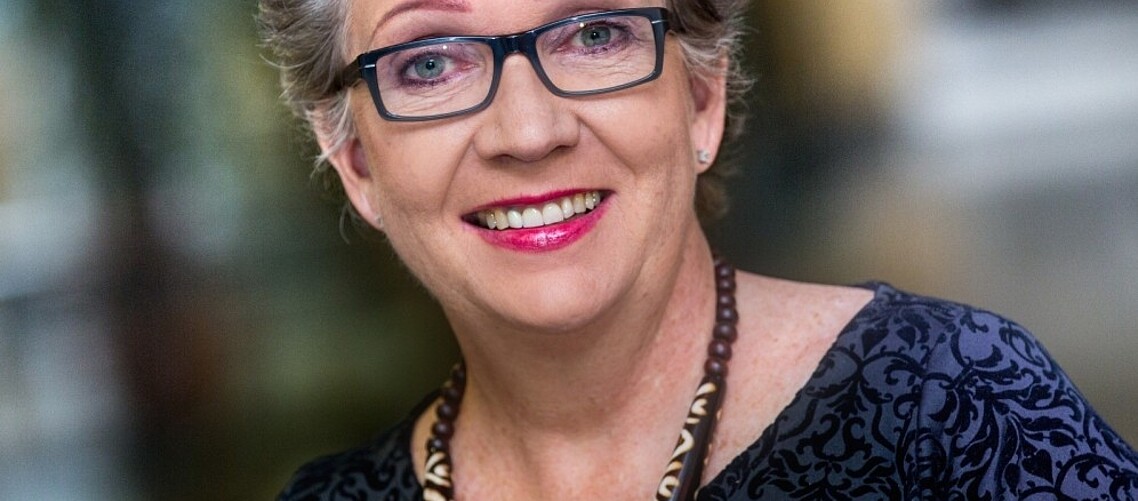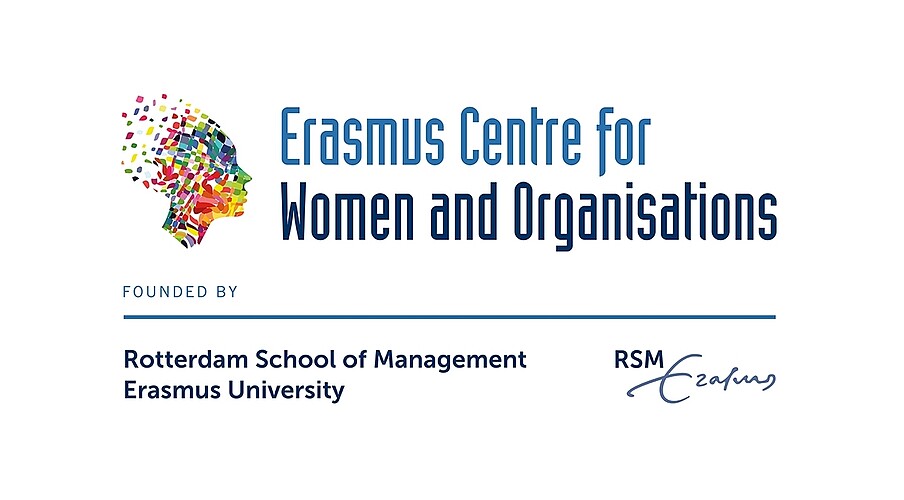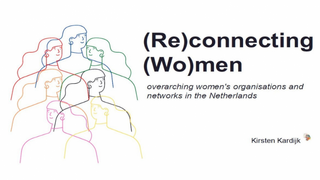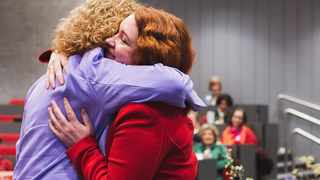What does International Women’s day, and its theme “Women in leadership: Achieving an equal future in a COVID-19 world”, mean to you?
We should celebrate the progress we have made while recognising how far we still have to go and how we have to be vigilant that a global crisis does not undermine our progress. The pandemic has undeniably highlighted the excellence of women leaders, particularly in the political domain. At the same time it has placed enormous burdens on working women who have found their home responsibilities amplified and employment gains reversed.
What barriers have you faced in your career and how did you overcome them?
When I think of barriers I have had to face in my career I realise that some of them are internal or self-imposed and others are environmentally imposed. Two that stand out for me are:
-
An internal barrier was the self-doubt that I sometimes had that resulted from the gender bias many of us women experience. I recognise now that there are times when I held myself back because I also made the wrong assumption that men could fill that function better than I could! I needed to work through my own doubts to appreciate how wrong this assumption was.
-
An external barrier has been the assumptions of the majority of men that I was in the position I am because someone promoted me purely as a result of my gender! This perspective meant that I had to prove myself twice. First to the person who recognised my talents and then to those I had to work with once I had been recognised for my talents.
As women, how can we encourage and help other women to achieve more in their careers?
Always keep in mind the extent to which you determine your own locus of control. Of course, as a woman, you face a level discrimination that men do not face, but the greater your locus of control the more you are able to challenge disadvantage rather than succumb to it. The road is never easy but self-empowerment definitely helps.
Be mindful that as women we are more powerful together. Achieving this requires that we amplify the positive in one another and we avoid emphasising the negative. In other words never criticise other women: “only speak positive things about other women, or say nothing at all”.
What advice would you give women at RSM who want to become leaders?
My advice is to be aware that excessive pursuit of individual excellence and efficiency many not get you there if you do not take the time to collaborate with, and connect with, your female colleagues who are facing the same gender challenges that you are.



